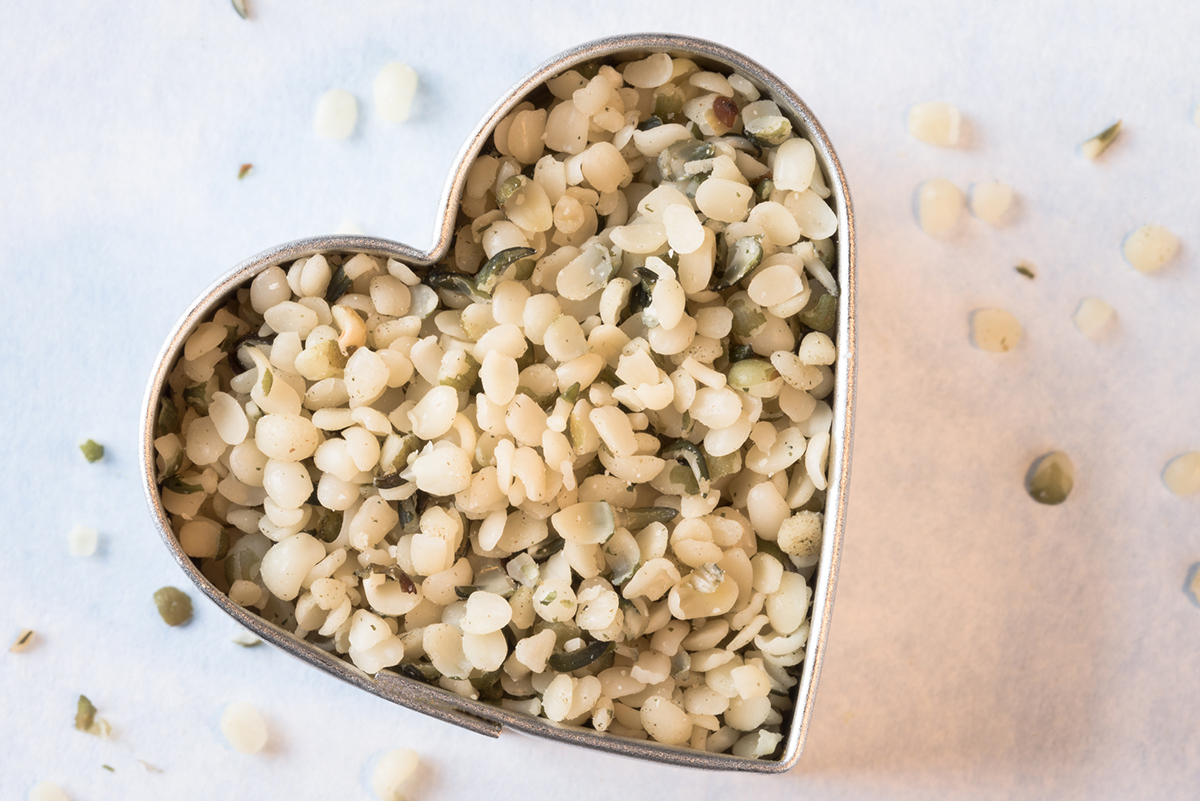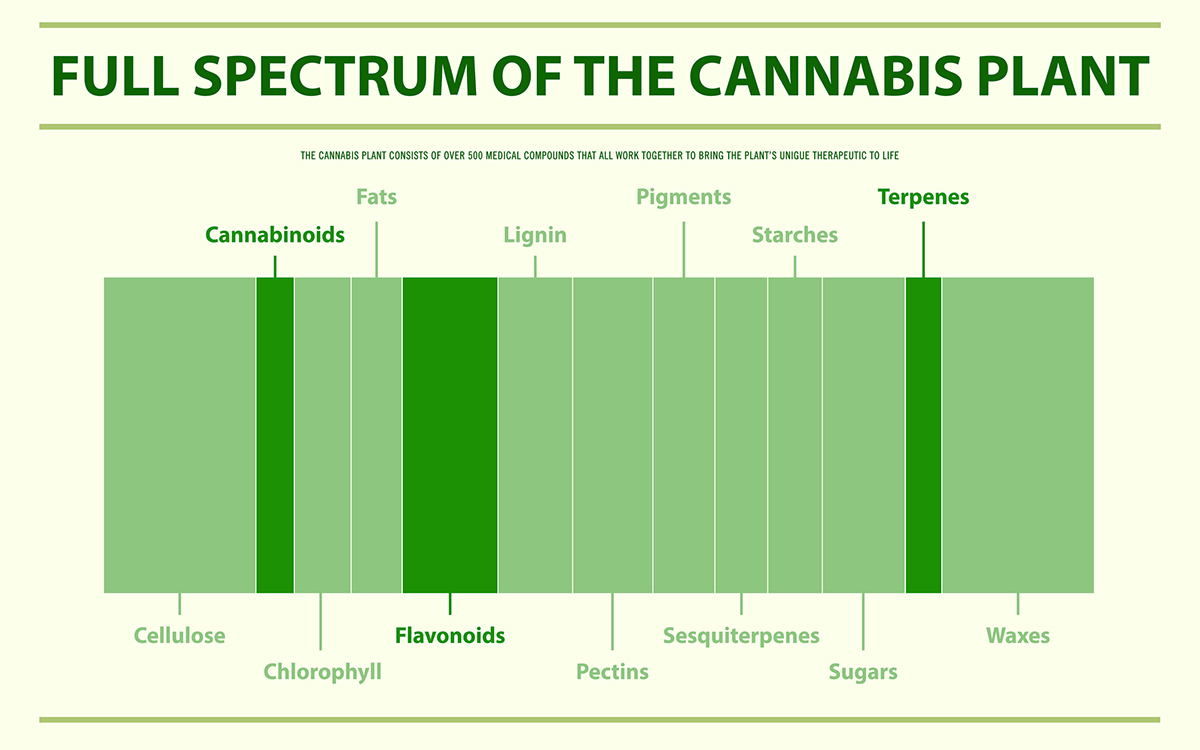While most people are familiar with hemp to some degree, there’s also a wealth of misunderstandings over what hemp actually is. How is it different from cannabis? Does hemp contain any THC, and what sets hemp oil apart from CBD oil?
Plus, many people are unfamiliar with hemp’s potential medicinal uses, and how it’s developed as a health-promoting ingredient.
Today, we’d like to provide you with a comprehensive overview of medicinal hemp. This includes an overview of how the plant reached the status it’s at today, thanks to the years of growth and development of medicinal hemp research.
What Is Hemp?

To start, it’s important that you have a clear understanding of exactly what hemp is. Hemp is a plant and is actually the same species as cannabis. However, hemp and cannabis are not identical and do share a few notable differences.
For one, unlike cannabis, hemp is quite low in tetrahydrocannabinol (THC). THC is a psychoactive chemical and is the reason why ingesting marijuana makes someone feel high. So, seeing as how hemp is composed of less than 0.3% THC, it doesn’t have the same effect on your body as cannabis — no high or feelings of euphoria.
Currently, hemp and hemp-derived products can be sold legally throughout the United States. Certain ingredients like hemp leaves, flowers, seeds, protein, and even hemp seed oil can legally be used in medicine, food, and more.
As time goes on, we’re beginning to gain a clearer understanding of hemp’s potential medicinal properties. Hemp has been used to help treat or alleviate symptoms of high cholesterol, constipation, arthritis, eczema (atopic dermatitis), and other conditions. Still, researchers are working to find better evidence of hemp’s possible medicinal effects. The medicinal development of hemp is ongoing.
Aside from being used as an ingredient in food and medicine, hemp has a variety of other practical uses. For instance, hemp can be used to make cosmetics, cloth, rope, wood preservatives, printer ink, soaps, detergents, and lighting oil. So, not only does hemp show great promise as a medicinal ingredient, but it’s also impressively multi-purposed.
Hemp is commonly confused with cannabis, Canadian hemp, hemp agrimony, and cannabidiol (CBD). However, it’s important to note that hemp is not synonymous with any of these other plants or chemicals. They are all distinct from one another and have different uses and properties.
What Is the Difference Between CBD and Hemp?
CBD can be either hemp-derived or cannabis-derived. Hemp tends to contain greater amounts of CBD, compared to cannabis. In turn, cannabis contains less CBD and more THC. Unlike THC, CBD is non-intoxicating. This is why cannabis can make you high, but hemp can’t.
Does Hemp Have Medicinal Purposes?

Although our understanding of medicinal hemp is still growing, as new research is performed, some studies have suggested potential medicinal benefits. So, how has hemp advanced medically?
Well, in a 2014 review on plants that might work as treatment for skin conditions, some positive claims were made regarding hemp. The authors of this review claimed that, by applying hemp seed oil topically, one could strengthen their skin and make it better able to resist infection. More specifically, the authors suggested that hemp seed oil could be used to treat a wide variety of skin issues, including:
- Dermatitis
- Eczema
- Varicose Eczema
- Lichen Planus
- Psoriasis
- Acne Rosacea
But why is this? Researchers have some good ideas as to why hemp seed oil might be beneficial for the skin. This kind of oil contains large amounts of beneficial fats, as well as several other helpful compounds. With topical application, hemp seed oil shows some medicinal promise.
Hemp and Brain Health
It has also been suggested that the fatty acids contained within hemp seed oil could be useful for promoting brain health. Our brains require a variety of healthful fats, or else they won’t be able to function properly. So, due to the fats and other compounds within hemp seed oil, it shows promise in this area.
Is there any further evidence showing how hemp seed oil could protect the brain? Actually, there is, and it’s a relatively recent development. In 2018, a study was published in ACS Omega that used mice to test these potential benefits. According to the results of this study, when supplied with hemp seed extract containing the necessary active compounds, the mice’s brains were better protected against inflammation. It’s still not entirely clear if this could be replicated in humans, although it’s certainly promising.
Hemp and Heart Health

In terms of promoting heart health, hemp shows further promise, although research in this area is admittedly a bit limited. Additionally, many existing studies are outdated. Hemp seed oil has a comprehensive nutrient profile, which has led some to believe that it could be beneficial for the heart — and this does seem like a possibility.
According to an older study published in Nutrition & Metabolism, due to the nutrient profile of hemp seeds, they show potential as an ingredient capable of treating several health conditions. This includes conditions such as atherosclerosis, high blood pressure, and high cholesterol.
Just a bit more recently, a 2014 review determined that by increasing an individual’s intake of alpha-linolenic acid, they can expect to see a reduced risk of cardiovascular disease. Why is this relevant? Alpha-linolenic acid actually happens to be one of the fatty acids contained within hemp seed oil. Alpha-linolenic acid, sometimes known simply as linolenic acid, can also be found in flax oil and fish oil.
Once again, while hemp shows significant promise in this area, more clinical trials will need to be done. At this stage, these benefits have yet to be proven — and that’s exactly why research into medicinal hemp is ongoing.
Full Spectrum Hemp Oil: What Are the Benefits?
Moving on from traditional hemp seed oil, full-spectrum hemp oil has also shown good medicinal promise. Unlike regular hemp seed oil, full-spectrum hemp oil contains additional ingredients, including plant matter. This plant matter then arms the oil with even more compounds. One of those compounds is CBD, which has gained significant popularity in the medicinal world over the past few years.
Normal hemp seeds contain small amounts of these compounds. However, full-spectrum hemp oil is far more concentrated in CBD and other healthful compounds, allowing for more benefits to the body. But what are these benefits?

Natural Relief to Pain and Inflammation
Natural pain relief is just the first possibility. Both CBD and hemp oil are regularly being used by individuals looking to relieve pain. In particular, if this pain is the result of inflammation, many people have claimed to have seen benefits after using these oils. Typically, these are people trying to avoid prescription or over-the-counter pain medications and are instead looking for a natural (but still effective) remedy.
CBD has been shown to offer great promise as a treatment for pain. Again, CBD is one of the primary ingredients of full-spectrum hemp oil. Nonetheless, at this point, much of the research was performed solely on mice. Despite the promise this shows, it can’t yet be confirmed in
humans. Although, there has been a great deal of anecdotal evidence, even if that should always be taken with a grain of salt.
More human studies are necessary before any conclusions can be drawn.
As an Acne Treatment
This is another area where full-spectrum hemp oil has shown promise: as a treatment for acne. Many individuals are searching for new, effective acne treatments, seeing as this is quite a common issue. Still, how does hemp hold up in this area? What do we currently know?
As was mentioned before, there is reason to believe that hemp seed oil could benefit the skin, due to the fatty acids it contains. Naturally, with full-spectrum hemp seed oil, this is also the case.
These fatty acids may be able to help balance the skin, as well as prevent inflammation. Both of these issues are common causes of acne, meaning that full-spectrum hemp oil shows good promise as an effective preventative measure. Further, the CBD that is added to full-spectrum hemp oil could be useful as a means to clear up acne.
In individuals with chronic acne, there’s often a high production of sebum within the skin. This excessive sebum can make it more likely that a person will develop acne. There has been some evidence to show that CBD may be able to directly affect the sebum glands of the skin. This way, CBD is able to reduce sebum production, thus reducing the risk of acne. For chronic acne sufferers especially, this could be highly useful.
As such, full-spectrum hemp oil also shows promise as a means to clear acne, as well as prevent breakouts. Although regular hemp seed oil does show some possible benefits for skin and acne reduction, the addition of CBD seems to enhance this effect quite significantly.
Reducing Muscle Tension
Muscle tension is yet another chronic health issue that many people are familiar with. Many of these individuals are also in search of a natural remedy, rather than having to use over-the-counter medications. Could hemp be a possible solution? What kind of evidence has there been, when it comes to full-spectrum hemp oil as a means to reduce muscle tension?
So long as the hemp oil contains CBD, it could be useful to help relieve muscles of general stress and tension. In a similar vein to fatty acids, CBD has properties that allow it to help with inflammation. Whether your muscle tension is the result of stress, or if it’s simply the after-effect of your workout routine, full-spectrum hemp oil could be beneficial. In fact, due to the fatty acids it contains, even regular hemp seed oil could be useful to reduce some amount of muscle stress or tension.
All you’ll need to do is rub a small amount of hemp seed oil (whether regular or full-spectrum) into your tight muscles. This will then allow your body to relieve tension and begin to relax.

Canadian Hemp Versus Hemp — Is There a Difference?
Medicinally speaking, this is an important distinction to make. Simply put, hemp and Canadian hemp are not the same plant. For one, while hemp shows very few potential health risks, that is not the case for Canadian hemp. In fact, Canadian hemp can be quite dangerous.
Canadian hemp is an herb, and its root is sometimes used as a base for medicine. Some conditions that people have tried using Canadian hemp to treat are asthma, arthritis, warts, cough, and a wide array of other conditions, many of which are serious. However, there are serious safety concerns that should be taken into account, that don’t exist with standard hemp.
Once ingested, the chemicals in Canadian hemp will slow down a person’s heartbeat, increase the strength of their heartbeat, lower their blood pressure, and increase their urine production. It’s similar side effects as with digoxin, which is a prescription drug. However, Canadian hemp has never been proven to have medicinal benefits, and it comes with an array of negative side effects. So, it should be avoided.
The Bottom Line on Medicinal Hemp
As the hemp industry grows, so does research related to the plant. Currently, hemp shows a huge amount of medicinal promise, including as a treatment for skin conditions. Another option is full-spectrum hemp oil, which contains a significant amount of CBD. This way, users can see health benefits from both the hemp oil and the CBD.
Although no hard conclusions have been reached regarding medicinal hemp, the studies that have been released over the years are highly promising. Moving forward, we’re eager to learn more about hemp and its potential medicinal benefits.

The Boon Room is more than a website, brand or service. It’s an idea. It’s a project. It’s a mission. It’s a coming together of companies, investors, cultivators, manufacturers, distributors, retailers and inspired entrepreneurs who believe businesses need to look for ways to invest in sustainablity.

